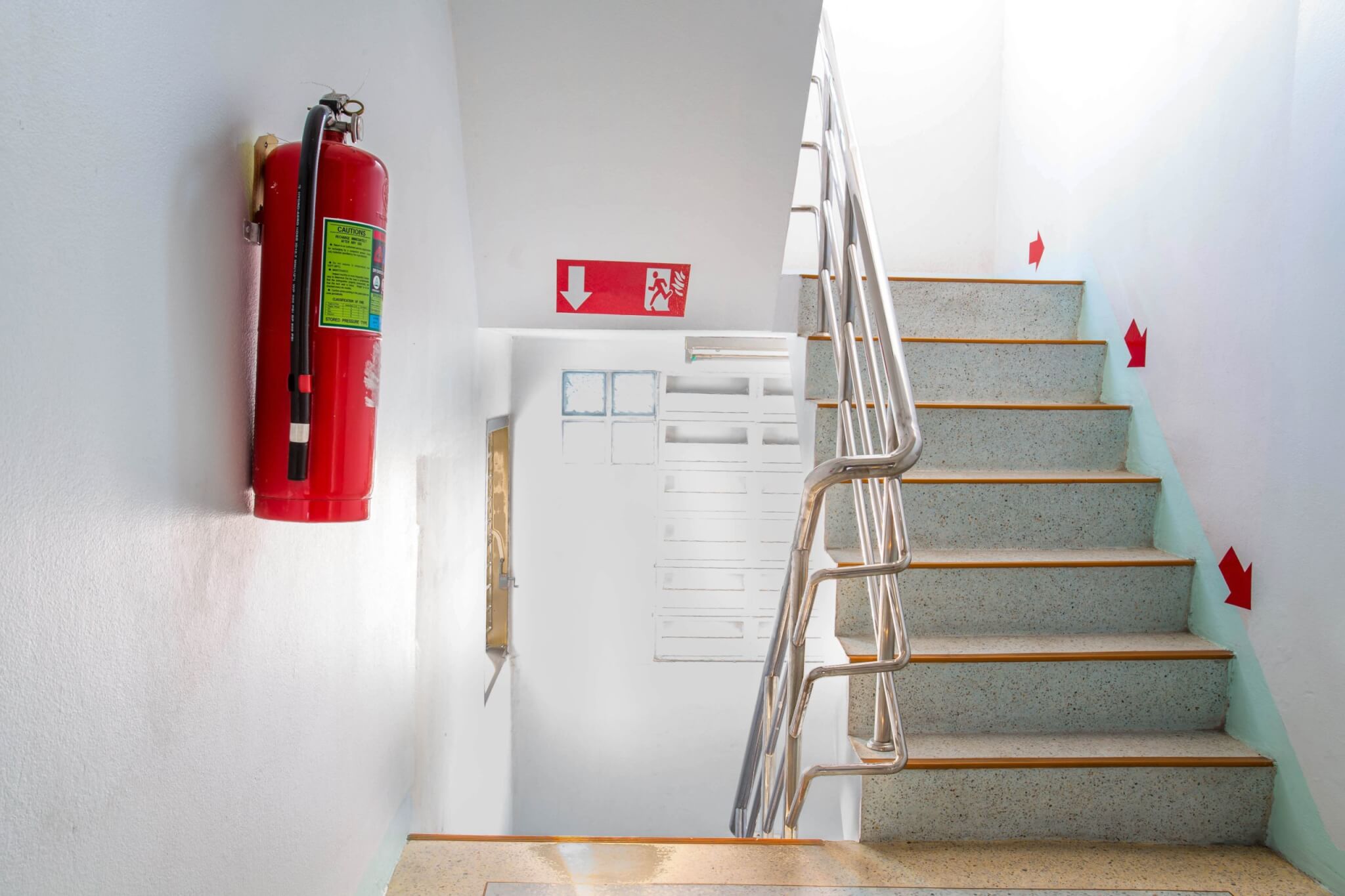Louise Forrest, Ruby Giblin and Patricia Umunna give their views on building safety three years on from Grenfell.
More than 3 years after Grenfell, there is still no clarity as to whether tall buildings or indeed all buildings are affected by the Building Safety issues seen at Grenfell.
Failures to provide clarity are affecting Housing Associations operationally. How to deal with costs and logistics of removing cladding and potential reductions in asset values is very relevant to finance facilities and will affects covenants in existing and new finance facilities. For example:
- conflicting Government advice on the extent of remedial works needed, makes it difficult to assess future spending needs and exactly how ‘building safety’ should be determined, affecting how covenants should be drafted and how existing covenants can be complied with;
- a lack of qualified professionals is causing delays in obtaining EWS1 certificates (soon to be replaced with Building Assurance certificates) – could the lack of certificate affect ability to determine asset values and therefore affect asset cover covenants;
- the insufficiency of the £1bn government compensation pot, combined with fully staircased shared ownership tenants having been absolved of liability to contribute to remedial works, which rests with the RP landlord leads to financial uncertainty. How will the government pot be apportioned between Housing Associations? When will Housing Associations know what they are going to get and how will they deal with shortfalls in remedial works fund liabilities which they thought sat with shared ownership tenants? This all affects finalising business plans which need to be signed off by funders and potentially other covenants;
- approaches to standard 5 yearly valuation – will valuers deem that certain buildings have “nil“ value until completion of the works, or will they take the view that issues on those units will be remedied in time.
Where do the funders sit and what action will they take? It cannot be in a funder’s interest to call a default for a known issue which a Housing Association is working to remedy but how can funders just assume that issues will be remediated and asset values will return without a degree of assessment and control.
Housing Association and funders will need to continue to work together, understanding that funder risk must be mitigated but Housing Associations must also be able to spend on remediation issues, maintain safety for residents and preserve the underlying value of assets (for their and their funders’ benefit). The new FCA regulated product which allows leaseholders to take out a ten year interest free loan to meet some of these costs should also assist.
Three years after Grenfell it is disappointing that the regulatory regime has failed to give Housing Associations and funders certainty and benchmarks. IDAs by the Regulator have so far been light touch, on the basis that RPs are doing what they can, so perhaps funders will delay decisions until the appointment of the new Building safety regulator.
With remedial works that can span over 2 years, Housing Associations should be checking their covenants, taking advice, approaching their funders where they consider that support may be needed and ensuring that they have the best possible plans in place to show that they are doing what they can to improve the situation, in an uncertain operating environment.
Winckworth Sherwood is a full service law firm with one of the largest social housing team’s in the UK. The Housing Finance team are specialists in the social housing sector with vast experience acting for lenders and borrowers in the market to help clients develop and complete new, effective funding solutions.



